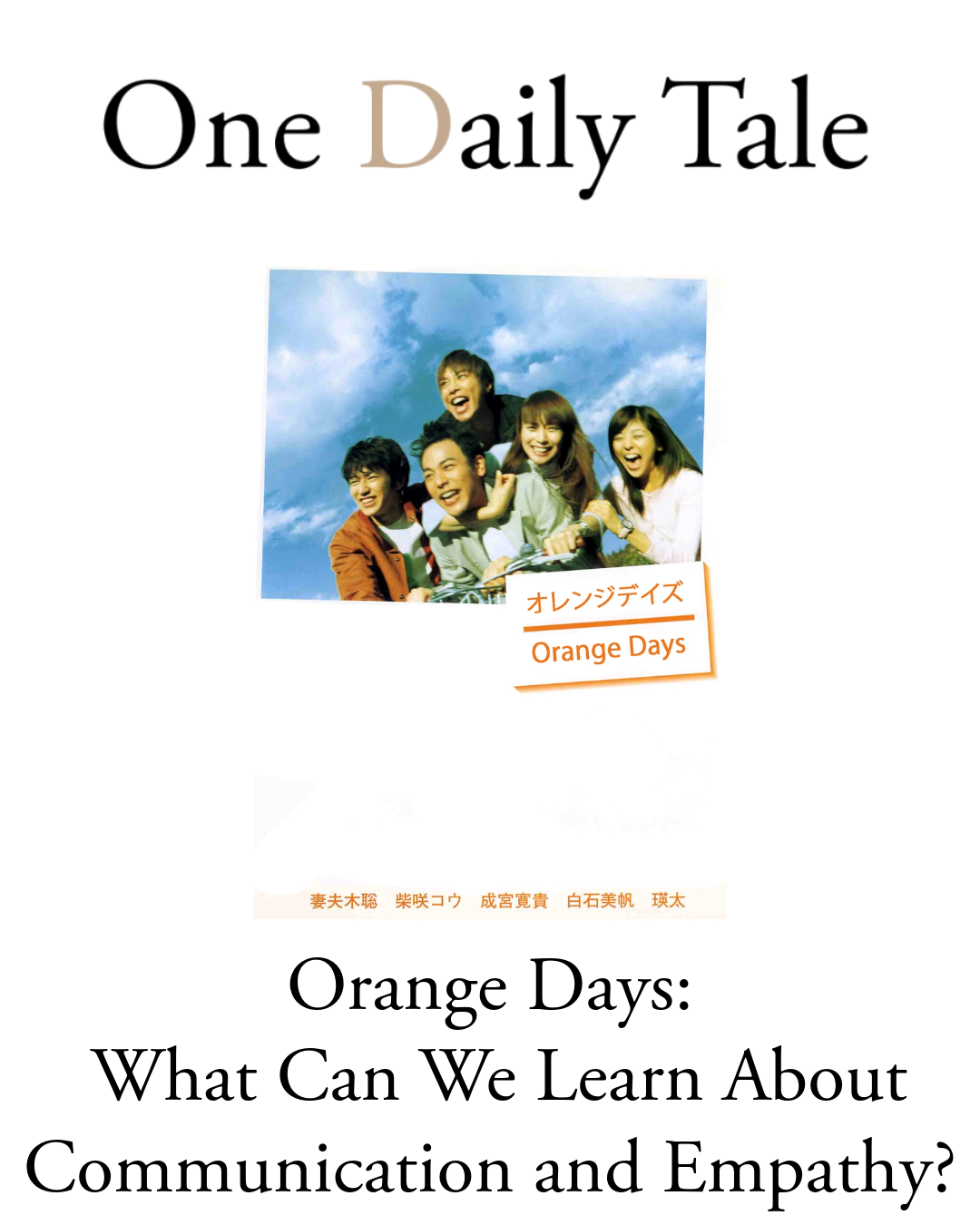How does disability impact social interactions?
Orange Days is a drama series that aired in Japan on TBS in 2004. I watched it while still living in France, during a period when I became particularly interested in Japanese dramas. I had already seen the actress Kou Shibasaki in Battle Royale and wanted to explore more of her work, which led me to this series. While Orange Days follows a typical Japanese love story format, it introduces a compelling twist: the protagonist, played by Kou Shibasaki, has lost her hearing and can only communicate using Japanese Sign Language.
Understanding the challenges of communication is not always straightforward, especially when certain impairments remain invisible to our most relied-upon sense—our eyes. Yet, as of recent estimates, approximately 16% of the global population, or about 1.3 billion people, experience significant disabilities. Since human beings are inherently social creatures, when communication becomes difficult, individuals may experience loneliness. These challenges manifest in various ways: hearing impairments, language barriers (whether due to a lack of education or speaking a foreign language), and even mental health conditions such as autism.
When interacting with strangers, we rarely consider these factors. However, the moment we recognize someone has a disability, we often, and fortunately, adjust our behavior.
Can we develop a more empathetic mindset?
Before making judgments or assumptions about others, why not try to see things from their perspective? My personal experience of moving to Japan taught me this lesson firsthand. While my Japanese language skills were not terrible, they were not at the level expected for business interactions. For those unfamiliar with the Japanese language, workplace communication differs significantly from casual conversation due to the use of keigo (the formal and polite form of speech), which makes both speaking and writing challenging.
During a client meeting, my appearance led the client to assume I was Japanese. When I struggled to fully grasp some of his requests, he grew visibly irritated. However, once I explained that I was French, his attitude shifted—he apologized for his impatience, and our communication improved significantly from that moment on. While one could argue that I should have had a stronger grasp of the language, this situation highlights a fundamental truth: misunderstandings often arise from false assumptions.
How can we cultivate understanding in a diverse world?
We are all different, and assuming that everyone perceives the world as we do inevitably leads to communication difficulties. However, I believe that by fostering healthy habits for our brain, we can strengthen our ability to see beyond our own perspective. When we make an effort to understand others—whether through education, mindfulness, or self-growth—we create a more inclusive and compassionate society.
What are your thoughts? Have you ever experienced a situation where misunderstanding due to language barriers or communication challenges led to an unexpected realization? Share your experiences in the comments!










Leave a Reply